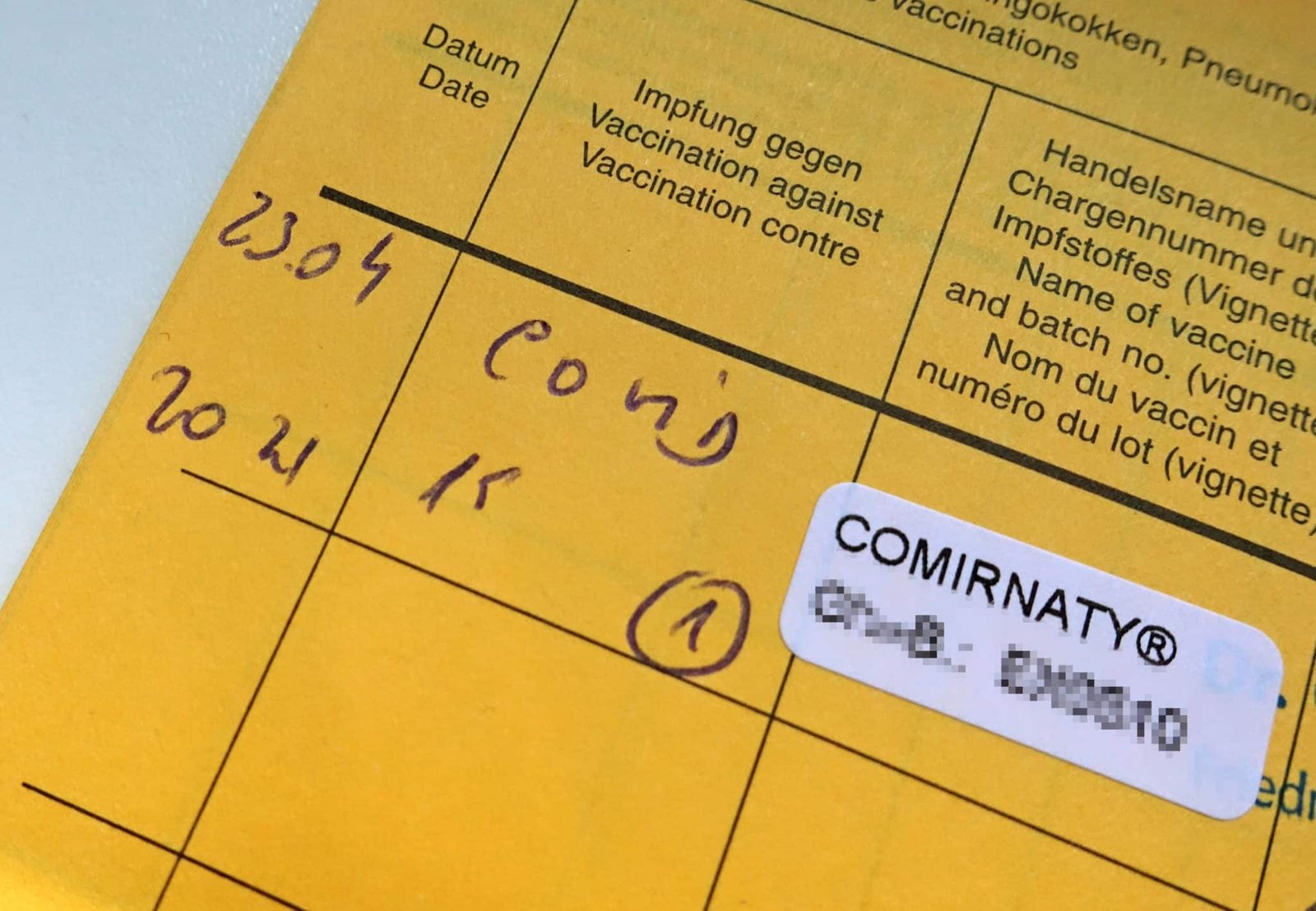Benefits and risks of vaccinating children and adolescents
Some experts express reservations – also because of vaccine shortages in poor countries (By Amélie BAUBEAU)
Paris (AFP) – From Monday, children and young people from the age of twelve can also be vaccinated against Corona in Germany. The EU Medicines Agency (EMA) approved the Biontech / Pfizer vaccine for this age group just over a week ago. This is good news for many children and parents. But not all experts are happy with this step.
Effectiveness and safety of the vaccines
The data on the effectiveness and risks of the vaccines from Biontech / Pfizer and Moderna in young people are reassuring: The vaccine from Biontech is well tolerated by 12 to 15 year olds, and the side effects are comparable to those in older people, explained the EMA with reference to a study with 2200 young subjects. A study with the corona vaccine from Moderna with 3700 adolescents came to a similar result. The US company plans to apply for approval for twelve to 15 year olds this month.
The European and US health authorities are currently investigating several cases of myocarditis in young people who had developed after a corona vaccination. No connection has yet been established.
Low risk for children and adolescents after infection
The risk of dying from Covid-19 is extremely low among young people – the EU health authority ECDC has so far counted 98 deaths out of a total of 1.1 million infected ten to 19-year-olds. The risk of a serious illness that requires hospital treatment is 0.9 percent.
However, the infectiologist Odile Launay from the French vaccination committee points out that the long-term effects of Covid-19 have so far been little researched – especially among the youngest. In addition, according to Launay, children who suffer from leukemia or immune deficiencies can also develop severe forms of Covid-19.
Some corona-infected children also developed the so-called Pediatric Inflammatory Multisystem Syndrome (Pims). This is a particularly pronounced inflammatory reaction of the immune system. But here too, the health authorities estimate the risk to be extremely low.
On the other hand, according to Launay, the “indirect benefits” of returning to normal life more quickly must be taken into account.
Overall, the risk-benefit ratio of vaccination is less clear in young people than in the adult population. That is why the Standing Vaccination Commission (Stiko) repeatedly expressed reservations about a broad vaccination campaign for children and adolescents. She also referred to possible vaccination risks, which are not yet exactly known.
The problem with community protection
Even children are not immune to infection with the coronavirus and can then pass it on themselves. Your immunization will therefore help contain the pandemic. According to various estimates, around 70 to 80 percent of the total population must be vaccinated in order to achieve community protection (“herd immunity”). That would – without the minors – around 90 percent of adults – an unattainable goal in view of the many vaccine skeptics.
What schedule?
Canada and the USA have already started vaccinating children and adolescents; in Israel, as in Germany, it should start this week. France wants to vaccinate 12 to 18 year olds from June 15, in Spain the government wants it to start before the start of the new school year. Other experts, however, insist on the highest priority for adults, who are more at risk than minors.
The expert on pediatric infectious diseases at the London School of Hygiene and Tropical Medicine, Beate Kampmann, in turn, sees no point in vaccinating younger people as long as the high-risk groups in poorer countries are not immunized. “More suffering could be avoided if the vaccine doses were left to countries in which many people become seriously ill or die from Covid-19.”
ans / jes / ck
For more useful and informative articles, please visit Sonic Hours




